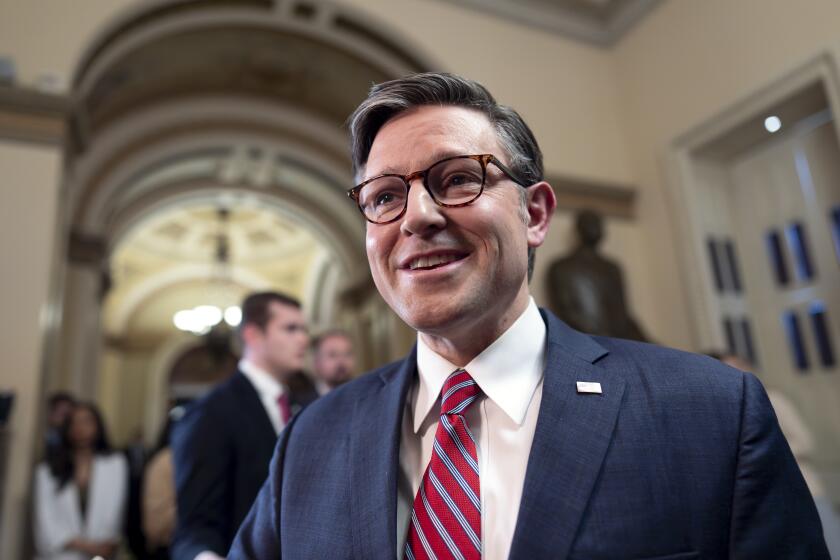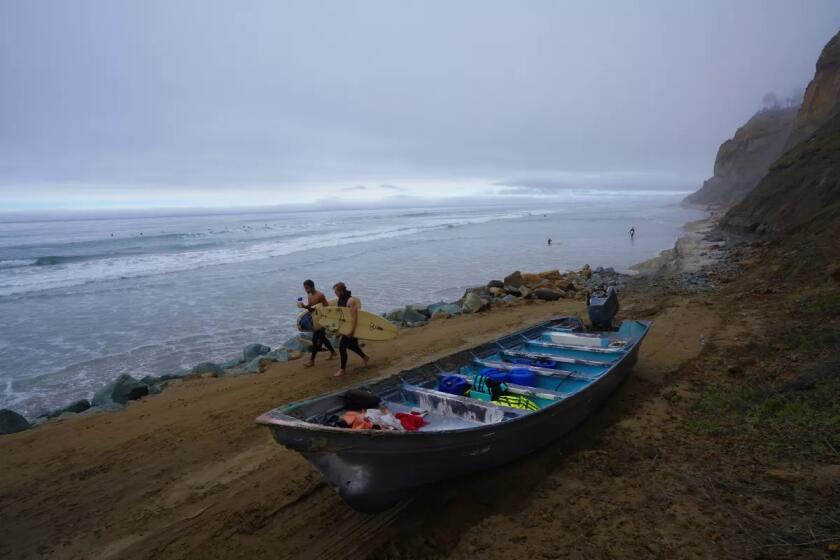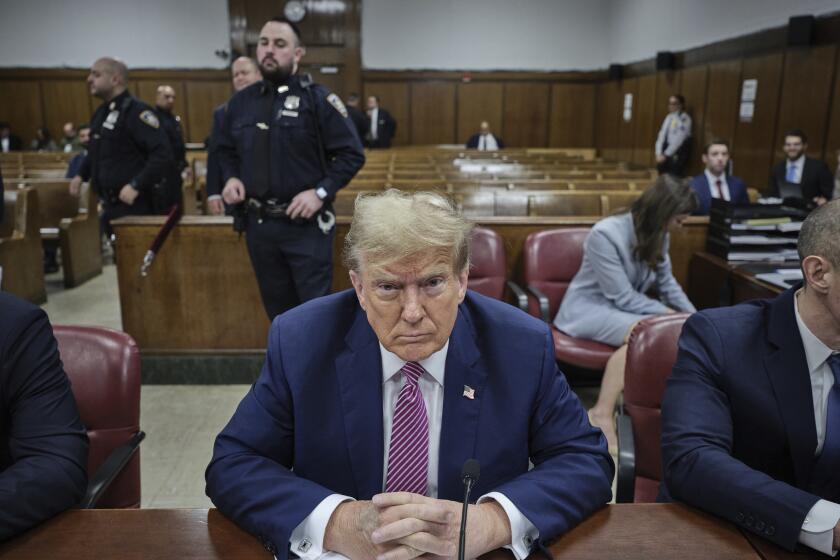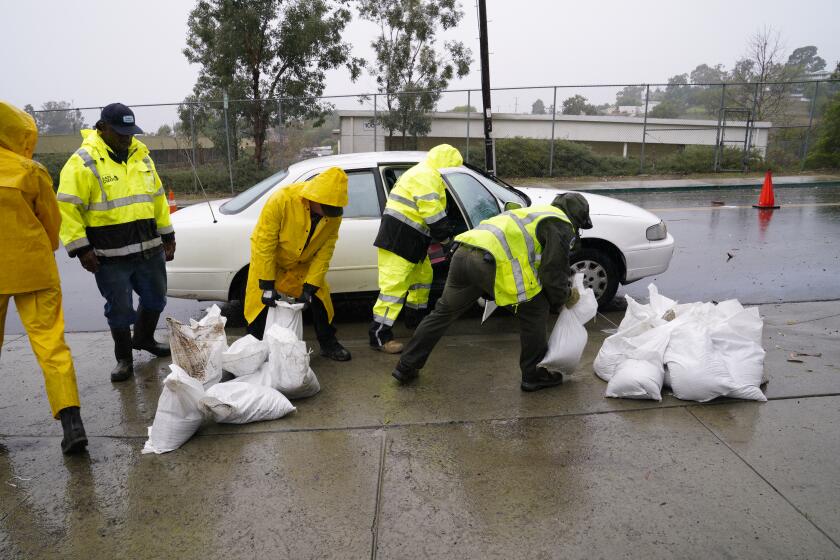Biden rejects Trump’s request to withhold documents from House committee investigating Jan. 6 attack
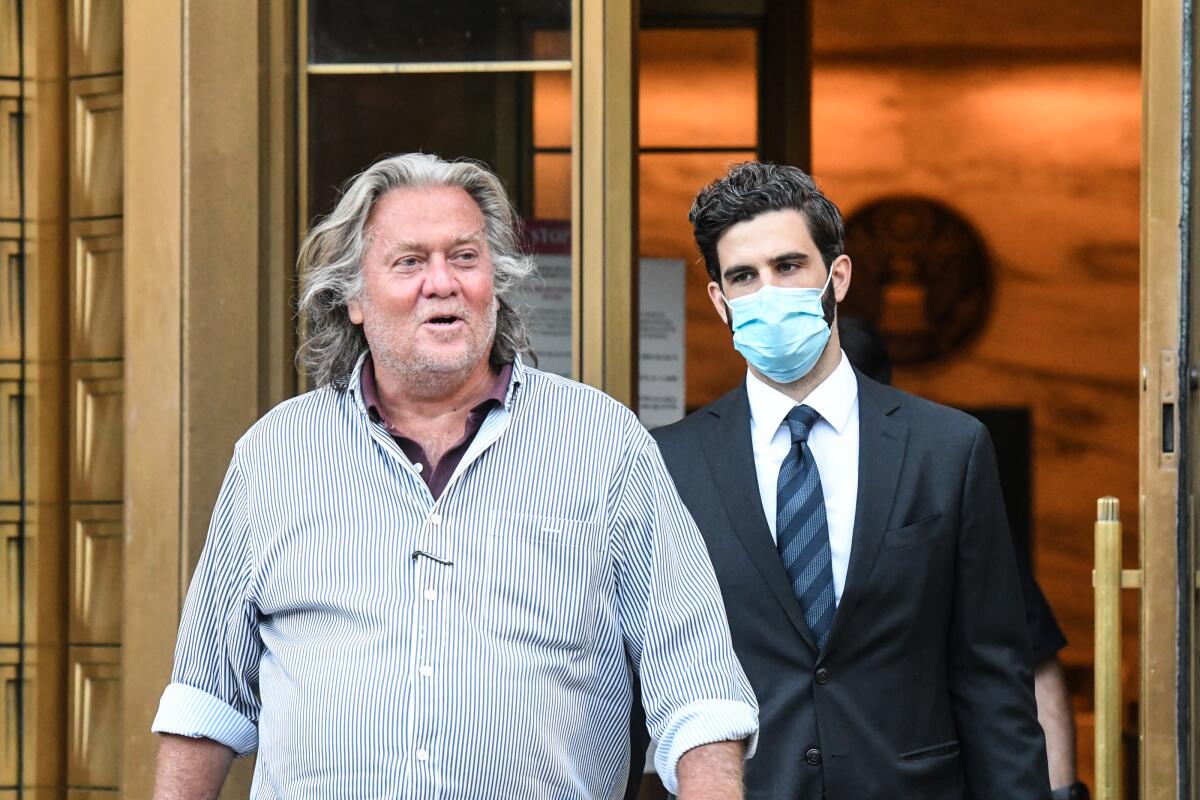
WASHINGTON - Congress’s quest for definitive answers about what led a mob of Donald Trump’s supporters to attack the Capitol on Jan. 6 appears headed for a historic showdown between the former president and his successor in the White House.
The battle lines became more clear Friday, when President Joe Biden rejected Trump’s request to block documents from the House committee investigating the insurrection, citing the gravity of the assault on democracy.
“The president’s dedicated to ensuring that something like that could never happen again, which is why the administration is cooperating with ongoing investigations,” White House press secretary Jen Psaki said Friday.
Trump swiftly responded by formally claiming executive privilege over about 50 documents requested initially by the select committee and issuing a statement calling Democrats “drunk on power” and insisting that “this assault on the constitution and important legal precedent will not work.”
Meanwhile, urged on by Trump, his longtime adviser Stephen Bannon told the committee he will not comply with the panel’s sweeping request for documents and testimony.
To learn exactly what Trump and his aides did during the Jan. 6 attack, the committee now faces a legal and political conflict that could escalate into a constitutional struggle unseen since President Richard M. Nixon fought release of White House information five decades ago. Nixon took his fight to the courts, where his losses helped establish the limits of executive power.
Legal experts said they think Biden, as the sitting president, is more likely to prevail in court. But they said the legal questions raised by this conflict are significant.
“This is one of the historic tests of executive power,” said Walter Dellinger, who was solicitor general under President Bill Clinton and now teaches constitutional law at Duke University. Still, he said, “the decision of the current president not to assert executive privilege is going to weigh heavily” on those having to make the decision.
The claims by Trump and Biden were both sent to the National Archives, which is in possession of the records sought by the committee. In his letter to the Archives on Friday, Trump argued that dozens of those records “contain information subject to executive privilege, including the presidential communications and deliberative process privileges.”
Trump also made a more sweeping claim to “protective assertion of constitutionally based privilege with respect to all additional records” that were requested.
Trump’s formal objection now triggers a limited period in which the former president must decide whether to take the decision to court.
“A former president has a chance to review the materials, to raise issues of privilege and, if the former and the current presidents cannot reach some agreement, to take the dispute to the courts,” Bob Bauer, who served as White House counsel under President Barack Obama, said in an interview last month.
The skirmish is just the latest to envelop the committee, which Republican leaders boycotted after House Speaker Nancy Pelosi, D-Calif., rejected two of their picks for the panel. Some Republicans agreed to participate anyway, including the panel’s vice chair, Rep. Liz Cheney, R-Wyo.
The committee has also sought documents and testimony from several top Trump aides, who were urged earlier this week by Trump’s attorney to cite executive privilege for matters having to do with presidential decision-making. While Bannon said he would not comply with the requests, the committee said Friday that two other officials - former chief of staff Mark Meadows and Pentagon adviser Kash Patel - are “engaging with the committee.”
“While Mr. Meadows and Mr. Patel are, so far, engaging with the Select Committee, Mr. Bannon has indicated that he will try to hide behind vague references to privileges of the former President,” the committee’s leaders said in a joint statement issued Friday afternoon.
Bannon’s attorney, Robert Costello, said he had no immediate comment on the statement from the committee’s leaders.
“The Select Committee fully expects all of these witnesses to comply with our demands for both documents and deposition testimony,” said the statement signed by Cheney and Rep. Bennie Thompson, D-Miss., the panel’s chairman. It added that “we will not allow any witness to defy a lawful subpoena or attempt to run out the clock, and we will swiftly consider advancing a criminal contempt of Congress referral.”
In a letter sent to the committee, Costello noted that Trump’s attorney recently asked Bannon to defy the lawmakers’ request. “We must accept his direction and honor his invocation of executive privilege,” Costello wrote Thursday, the deadline for responding to the latest round of subpoena requests.
Bannon worked at the White House in 2017. But he was not working for the administration in 2020 or 2021. Several legal experts questioned whether executive privilege could shield Bannon from responding to requests for information about what happened during a period when he was not a White House employee.
The committee had also requested interviews and documents from former Trump deputy chief of staff Dan Scavino, and it was not clear Friday how he would respond. A committee spokesman declined to discuss the status of Scavino’s subpoena. Published reports suggested the panel was having difficulty locating Scavino to serve the subpoena.
On Capitol Hill, members of the Jan. 6 committee are urging a tough response to those refusing to cooperate with the inquiry.
“This is a matter of the utmost seriousness, and we need to consider the full panoply of enforcement sanctions available to us,” said Rep. Jamie Raskin, D-Md., a constitutional law professor who sits on the select committee. “And that means criminal contempt citations, civil contempt citations and the use of Congress’s own inherent contempt powers.”
Costello’s letter notes that Bannon will comply with any court decisions that resolve disputed claims about executive privilege or attorney-client privilege.
The bipartisan panel is investigating the storming of the Capitol by a pro-Trump mob trying to stop the certification of Joe Biden’s electoral-college win, an attack that resulted in five deaths and left 140 law enforcement officers injured.
Trump has been critical of the investigation. Trump spokesman Taylor Budowich said in a statement that the “outrageously broad records request . . . lacks both legal precedent and legislative merit.”
Dellinger, the constitutional scholar, heard echoes of inquiries into the conduct of past presidents.
“This is similar to Watergate and the Iran Contra affair where sensitive internal executive branch communications were turned over to investigators,” he said. “A president does have a need to consult with his senior aides in confidence and express those views . . . but judicial decisions indicate that the incumbent president is given the most weight” when deciding what to release.
What’s more, he said, “these circumstances are extraordinary, involving an effort to obstruct the peaceful transfer of power.”
Copyright: (c) 2021, The Washington Post
Get Essential San Diego, weekday mornings
Get top headlines from the Union-Tribune in your inbox weekday mornings, including top news, local, sports, business, entertainment and opinion.
You may occasionally receive promotional content from the San Diego Union-Tribune.

